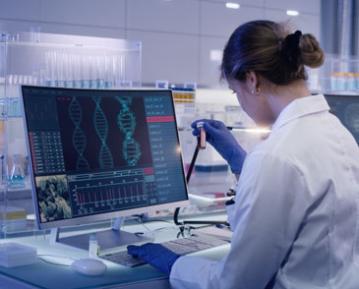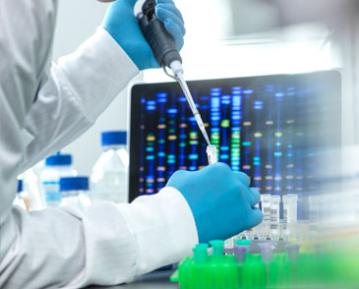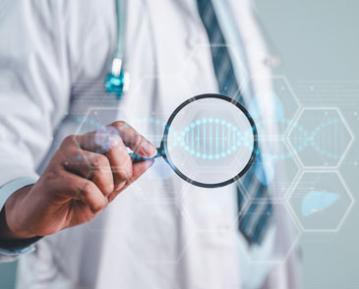The MS in Human Genetics (MSHG) program prepares students for careers as contributing members of genetics and genomics research teams in academia or industry. Graduates of the program often go on to PhD level study and become independent scientists. The flexible curriculum provides a broad background in the field while allowing customized emphasis on laboratory genetics or genetic data analysis. In addition to core coursework and advanced classes in a chosen area of concentration, MS students pursue mentored research projects culminating in the production and defense of a thesis.
Vision: Our graduates will work at the forefront of academe and private enterprise in a future where genomics is central to health sciences research, practice, and policy.
Mission: To promote the scientific progress of genetics as a field of study; to advance the health of the public by investigating the impact of genetics on the causes and treatment of disease; to promote evidence-based disease prevention; to educate health sciences professionals and the public at large regarding hereditary and acquired genetic conditions; and to appreciate the role of genetic diversity within human populations.



